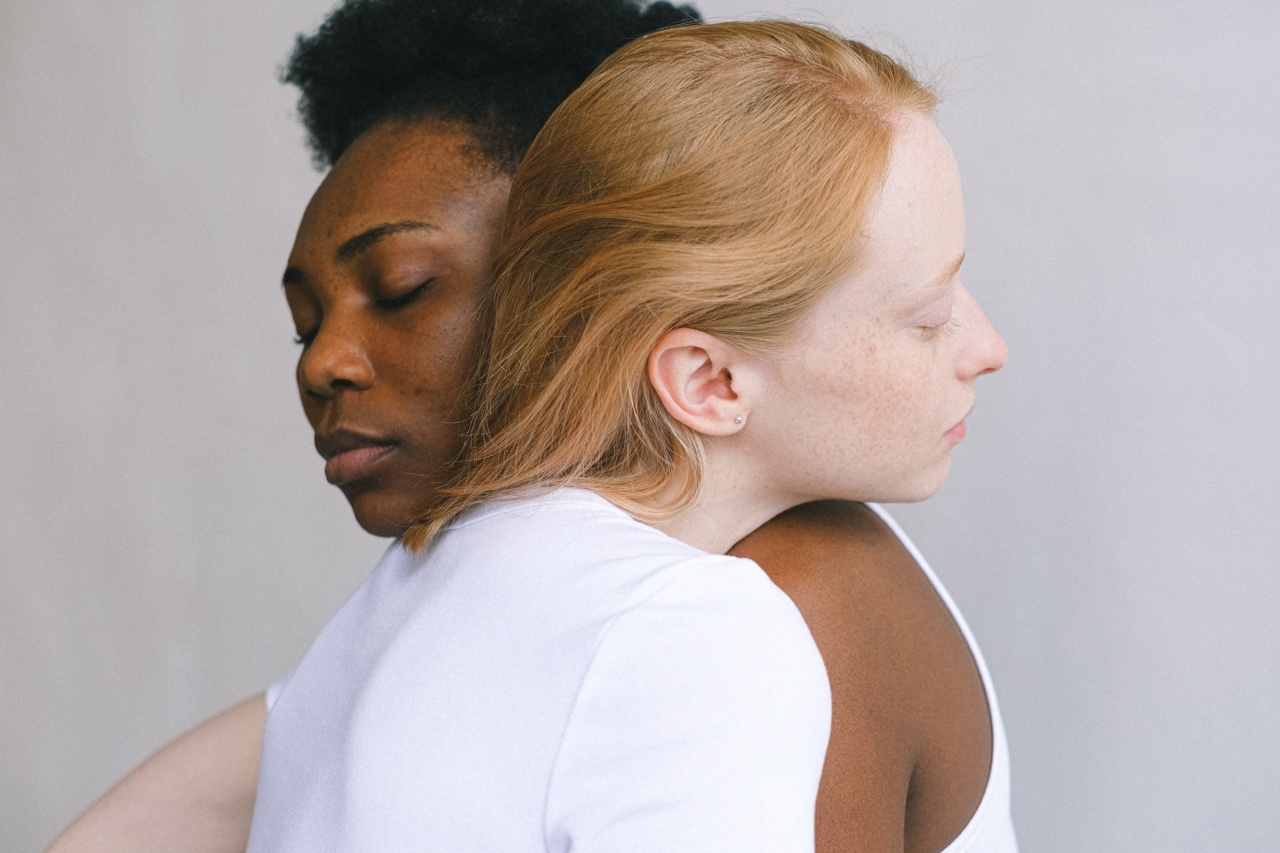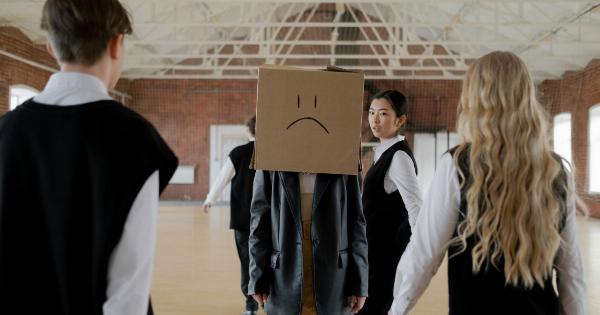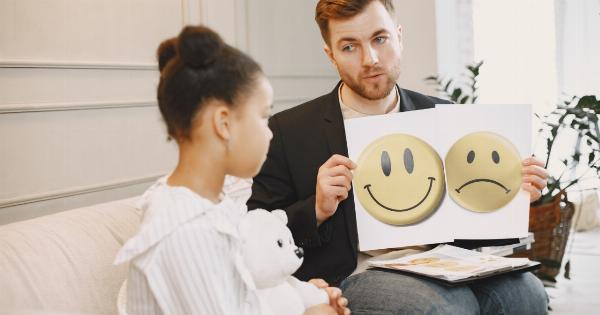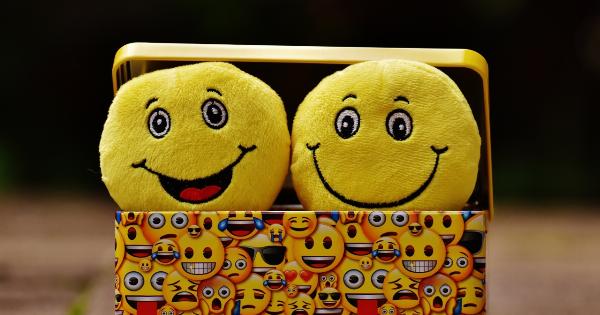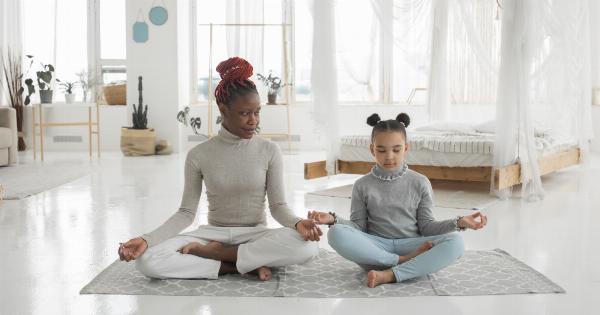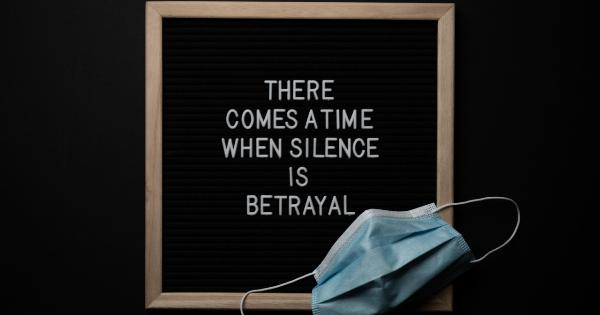Friendships and romantic relationships are two fundamental aspects of human connection. Both contribute to our personal growth, happiness, and overall well-being.
However, when the lines between friendship and romance become blurred, a unique and complex situation arises. Being friends with someone while also being romantically involved can be both rewarding and challenging, often leading to a myriad of complications.
The Transition from Friends to Lovers
One of the main complications that arise when friends become romantically involved is the transition itself. In a friendship, there is a sense of comfort and familiarity built over time.
However, introducing romantic feelings into the equation can disrupt this dynamic. Suddenly, the dynamics change, and the expectations and boundaries shift.
When two friends decide to explore a romantic relationship, there is an inherent risk involved. They are risking the comfortable friendship they have built, potentially putting the entire relationship at stake.
Additionally, if one person develops romantic feelings while the other remains only interested in remaining friends, conflicts and hurt feelings can emerge.
Navigating the Shift in Roles
Another challenge arises from the shift in roles that occurs when friends become lovers. In a friendship, both parties typically enjoy a level of independence and autonomy.
They have their own individual lives and are not accountable to each other in the same way that romantic partners are.
However, when friends become lovers, the expectations for each other’s time, availability, and support can increase significantly.
There is often an assumption that being in a romantic relationship means being there for every moment and being the other person’s primary source of emotional support. This can become overwhelming and place strain on the relationship, especially if one or both partners are not prepared for this level of commitment.
The Fear of Losing the Friendship
One of the biggest complications when friends become lovers is the fear of losing the friendship altogether. Friendships are valuable, and the thought of sacrificing that connection for a romantic relationship can be daunting.
Even if the romantic relationship does not work out, there is a risk that the friendship may never be the same again. The intimacy and vulnerability shared in a romantic relationship can change the friendship dynamics irreparably.
This fear of losing the friendship can often prevent friends from exploring romantic feelings, leading to missed opportunities or unrequited love.
Expectations and Communication
Clear and open communication is essential in any relationship, but it becomes even more critical when friends decide to become lovers. Both parties need to communicate their expectations and boundaries to ensure that they are on the same page.
Friends who become romantically involved may have preconceived notions about how their relationship should progress based on their friendship. They may assume that certain acts or gestures are unnecessary because of their previous history as friends.
However, in a romantic relationship, different expectations and needs are present, which need to be addressed through effective communication.
Keeping Outside Influences at Bay
When friends become lovers, outside influences and opinions can put additional strain on the relationship. Mutual friends may express concern or offer unsolicited advice, potentially impacting the couple’s decisions and dynamics.
Similarly, family and societal expectations can play a significant role in complicating the relationship.
It is important for friends and lovers to establish boundaries and hold firm on their collective decisions.
This can help create a safe and secure environment, free from external influences that may hinder the growth and development of the romantic relationship.
The Importance of Emotional Resilience
Being friends and lovers requires a higher degree of emotional resilience. The rollercoaster of emotions experienced in a romantic relationship can be intense and challenging to navigate for both parties.
Friends who become lovers must be prepared for the ups and downs that come with a romantic relationship. They need to develop emotional resilience to cope with potential conflicts, disagreements, and the heightened emotional investment involved.
This resilience can help them weather the storm and maintain the connection they had as friends.
Maintaining a Healthy Balance
A crucial aspect of being friends and lovers is maintaining a healthy balance between the friendship and the romantic relationship.
It is essential to preserve and nurture the friendship that laid the foundation for the romantic connection while understanding and meeting the needs of the romantic relationship.
Both partners must strike a delicate balance between friendship and romance, ensuring that neither aspect is neglected.
This involves respecting each other’s individuality, maintaining personal boundaries, and continuing to nurture the friendship outside the romantic realm.
The Decision to Stay Friends or Commit to Romance
Ultimately, the complications of being friends and lovers may lead to a critical decision: whether to maintain the friendship or commit fully to the romance. This decision requires careful consideration, introspection, and honest communication.
Friends who have explored a romantic connection and found that it does not meet their expectations may decide that preserving the friendship is more important.
On the other hand, friends who have successfully navigated the complexities may find that their connection evolves into a deep, fulfilling romantic relationship.
Every individual and relationship is unique, and there is no one-size-fits-all answer. It is crucial for friends to assess their feelings, expectations, and compatibility to reach a decision that aligns with their own needs and desires.
